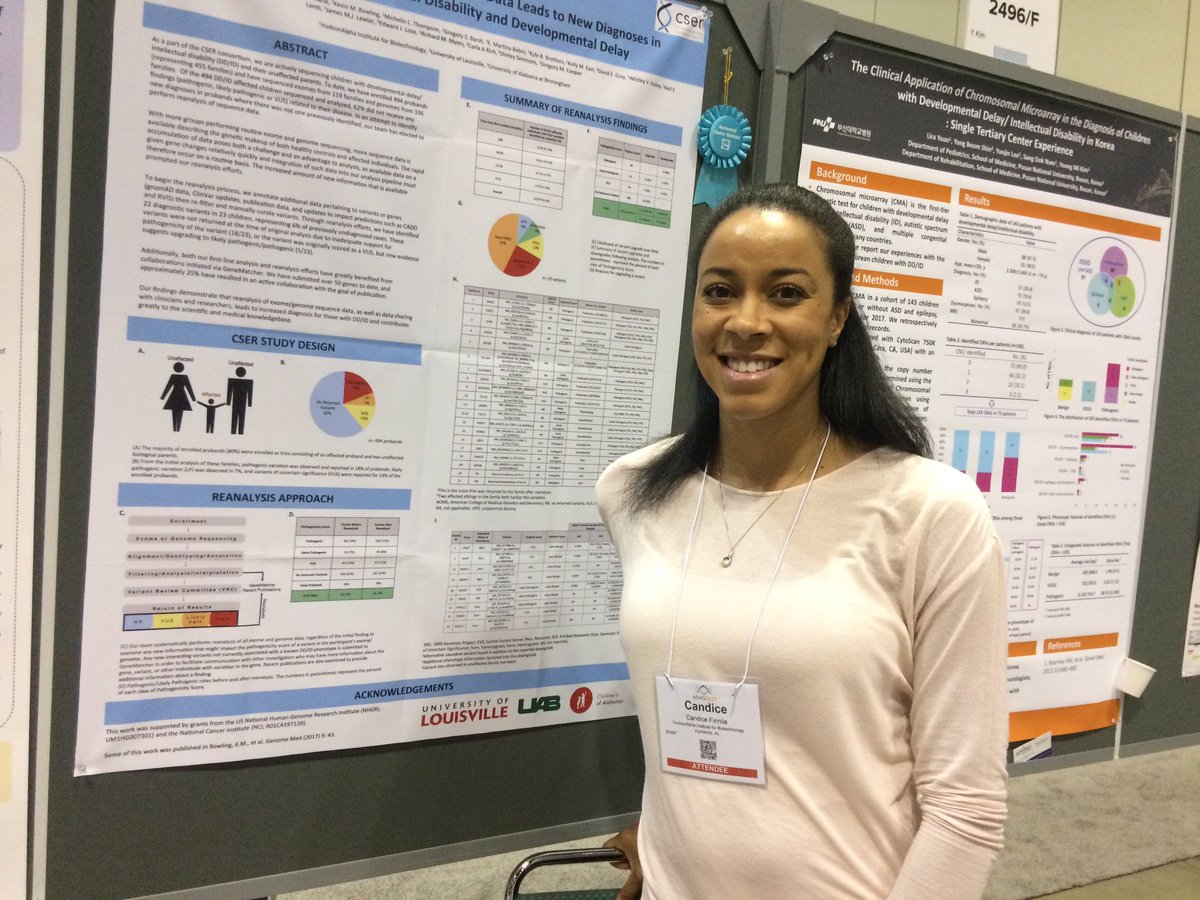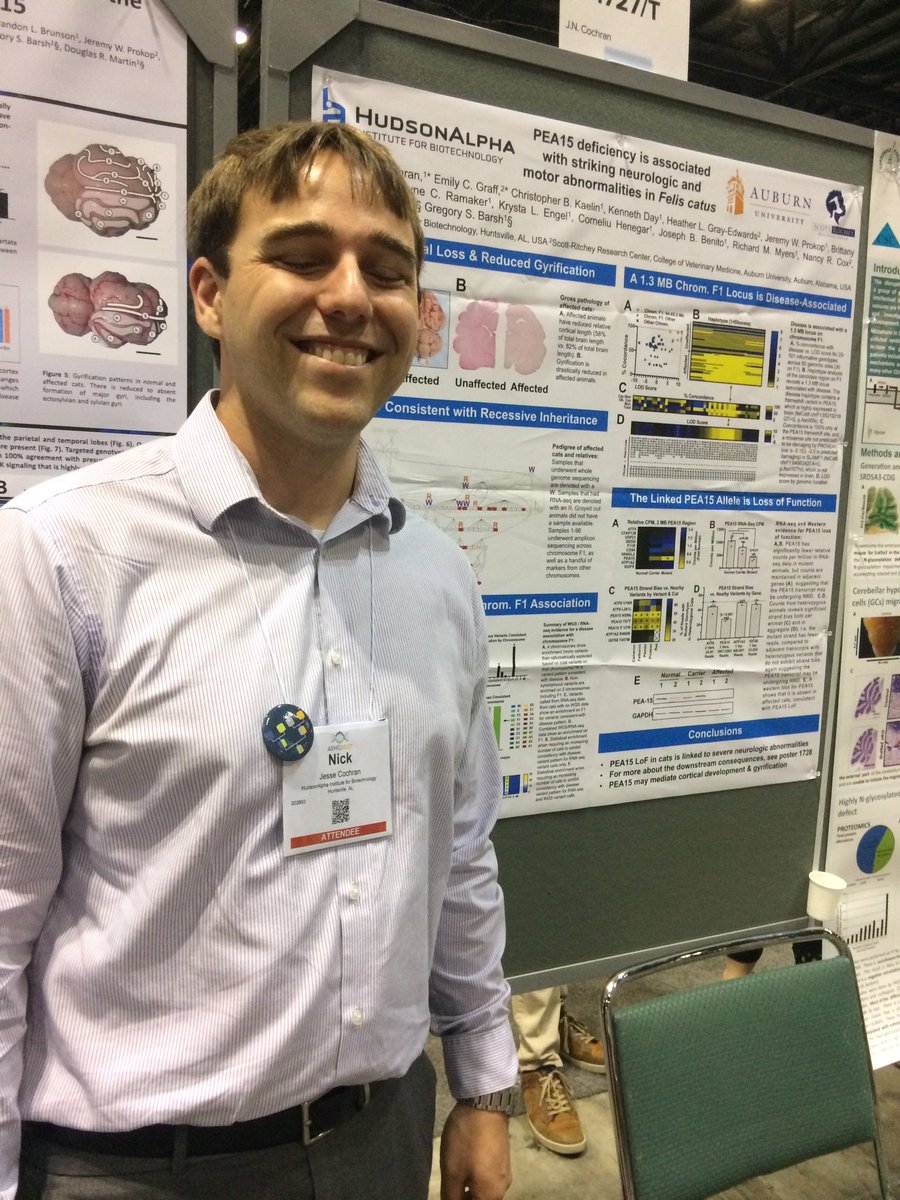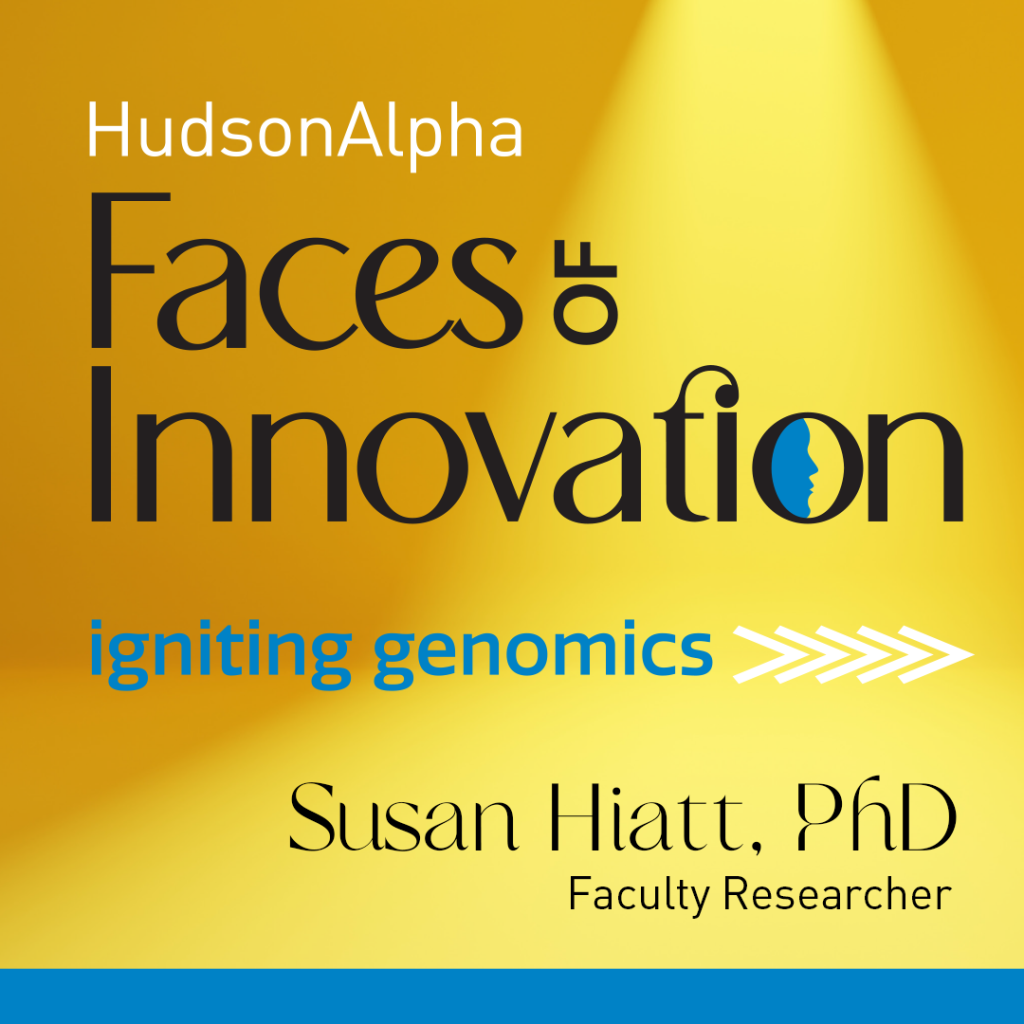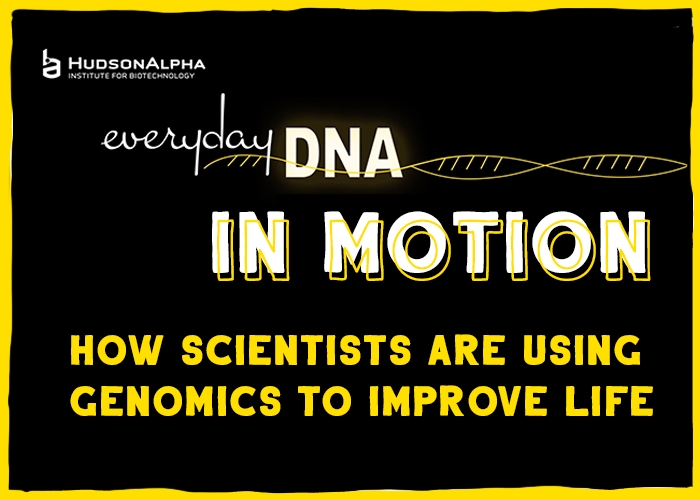HudsonAlpha’s Clinical Sequencing Exploratory Research project was the focus of several presentations at the American Society for Human Genetics annual meeting in Orlando, Fla.
Secondary findings were the topic of a Thursday panel discussion.
HudsonAlpha senior scientist Michelle Thompson, PhD, discussed secondary findings from the CSER project, in which children with developmental delay and other neurological symptoms undergo whole genome sequencing for diagnostic purposes. Her presentation focused on secondary findings in parents who also are sequenced as part of a trio.
The CSER team returned only actionable findings. Out of 766 parent participants, secondary findings were identified in 58 individuals (7.7%). Those findings are in addition to genetic variation related to the child’s disorder.

Candice Finnila, PhD, received a Reviewer’s Choice Award for her poster at ASHG 2017.
Based on their findings and parental response, the CSER team suggested there are benefits to reporting secondary findings.
Greg Cooper, PhD and Greg Barsh, MD, PhD (HudsonAlpha), along from Bruce Korf, MD, PhD (UAB-Medicine) are the PI’s on the CSER project.
__
Genomic reanalysis of previously undiagnosed cases is proving fruitful for families enrolled in CSER.
Candice Finnila, PhD, clinical research coordinator in the Greg Cooper lab, presented a poster on genomic reanalysis for children enrolled in CSER. New diagnostic variants were identified in 22 children, representing 6% of previously undiagnosed cases. The variants originally were scored as a VUS, or inadequate support for pathogenicity existed at the time of the original analysis.
Dr. Finnila’s poster also mentioned the successful collaborations initiated through GeneMatcher. Of 50 genes submitted to date, a quarter of them have resulted in an active collaboration.
__
Neuroscience research

Nick Cochran, PhD, presenting his poster at ASHG 2017
Nick Cochran, PhD, a postdoctoral researcher in the Rick Myers lab, presented a poster detailing a new genetic disorder in cats.
The animals have tremors beginning at birth, and their neurological symptoms worsen with age. Their brains are small and underdeveloped. Whole genome sequencing of the cats identified a frameshift variant in PEA15. The research team, which involved collaborators from Auburn’s College of Veterinary Medicine, concluded that PEA may be critical for normal large animal central nervous system development and function.


